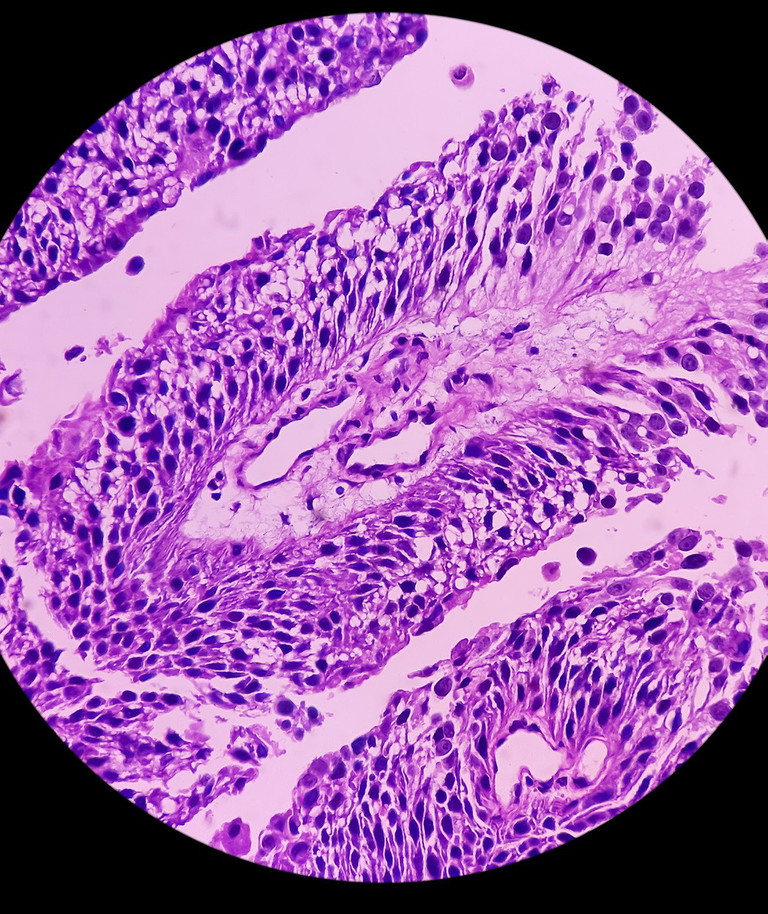Clinical Trials
CHMP gives positive opinion for Merck’s KEYTRUDA for unresectable or metastatic urothelial carcinoma
Merck (known as MSD outside of the US and Canada) has announced that its anti-PD-1 therapy, in combination with Padcev (enfortuman vedotin-ejfv), has received a positive opinion from the European Medicines Agency (EMA) Committee for Medicinal Products for Human Use (CHMP), for the first-line treatment of adult patients with unresectable or metastatic urothelial carcinoma (UC).
The opinion is based off positive interim analysis of the phase 3 KEYNOTE-A39 trial, conducted in collaboration with Pfizer and Astellas. KEYTRUDA plus Padcev – an antibody-drug conjugate – showed statistically significant and clinically meaningful improvements in overall survival and progression-free survival.

Dr Eliav Barr, senior vice president and head of global clinical development, chief medical officer, Merck Research Laboratories, commented: “The CHMP’s positive opinion reinforces the landmark results from KEYNOTE-A39. It follows the recent adoption of the European Society for Medical Oncology and European Association of Urology clinical guidelines recommending KEYTRUDA plus enfortumab vedotin as the preferred first-line treatment for patients with advanced or metastatic UC, regardless of platinum eligibility. We look forward to the European Commission’s decision and are excited to be taking the first steps to provide a potential new first-line standard of care for the treatment of this disease in patients in the EU.”
KEYTRUDA has previously been approved in the EU as a monotherapy for locally advance or metastatic UC in adults who have not received prior
platinum-containing chemotherapy, as well as adults who are not eligible for cisplatin-containing chemotherapy. In December 2023, KEYTRUDA plus enfortumab vedotin was approved in the US for the treatment of adult patients with locally advanced or metastatic urothelial cancer.